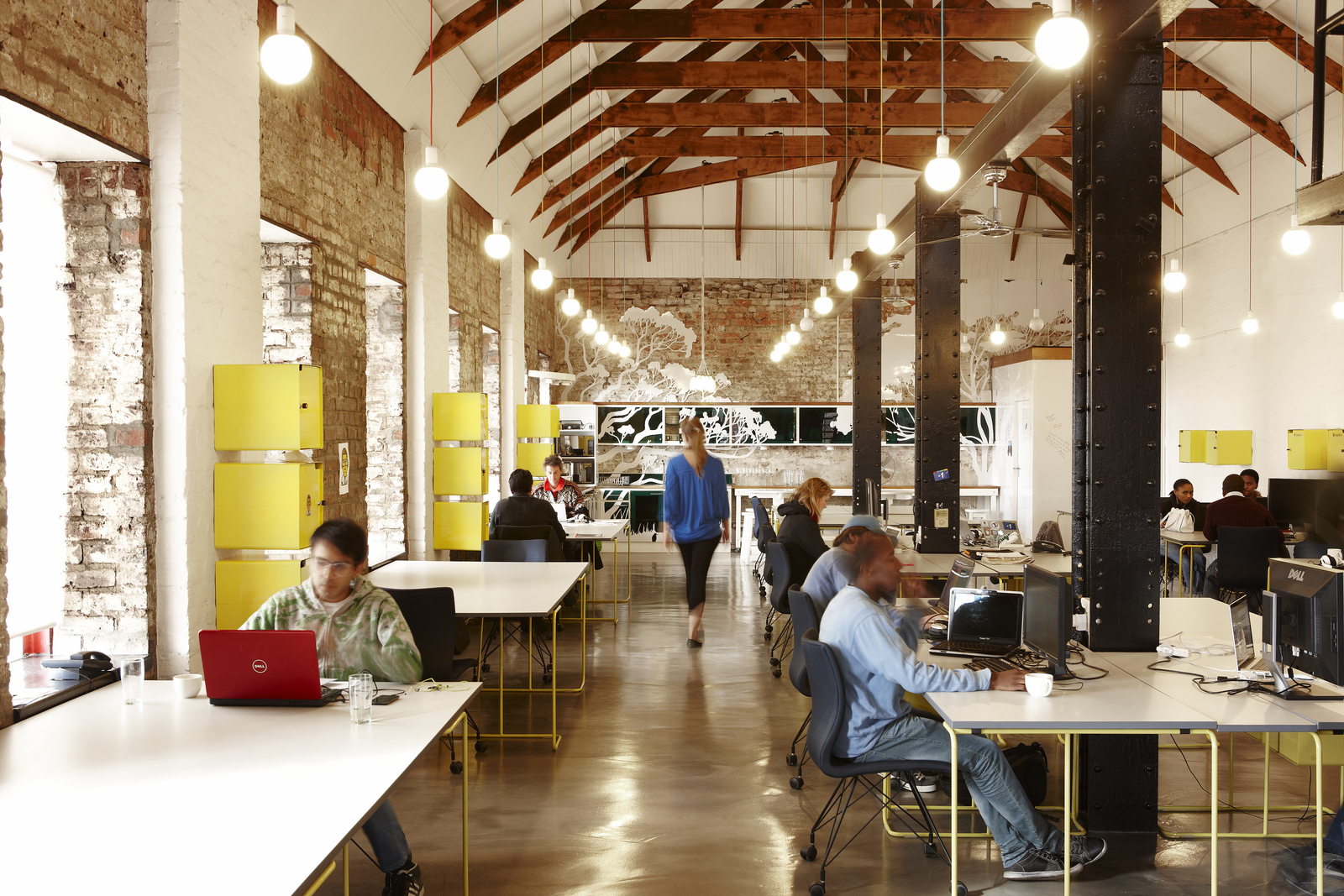Flexible workspace operators in Hong Kong, Shanghai and other Chinese cities should brace for an influx of new coworking spaces that are set to open this year.
New York workspace company WeWork is reacting to demand from startup communities in parts of China by opening new locations across the country in 2016. The company has already secured two floors of a six-storey building in the Jing’an District of Shanghai, set to open in June, with more locations planned for Hong Kong and other cities over the next 12 months.
“We see great opportunities in China with its active capital investment market and the government’s push of entrepreneurship,” said Fred Lu, general manager for mainland China, according to the South China Morning Post. “The booming start-up scene gives us a lot of opportunities, but our business is not tied to it.”
The expansion comes after WeWork gained financial backing from China’s Legend Holdings, which pushed its overall valuation up to a lofty $16 billion.
However, WeWork should expect healthy competition over the coming months. According to local reports, hundreds of Chinese companies have been assigned ‘incubator’ status over the past year, with many planning to launch incubator and shared workspace hubs in key cities across the country.
That said, China isn’t the only country attracting coworking attention in the Asia-Pacific region.
WeWork also plans to open new locations in Seoul in South Korea, India, and Sydney in Australia, while Spaces, the coworking brand owned by Regus, is also planning to open new locations in Australia at Sydney and Melbourne.
Regus itself has just announced the impending launch of a new drop-in business centre at Mumbai’s T2 Airport Terminal – the first Regus Express centre in India at a place of transit.
While the serviced office industry continues to strengthen in key parts of Asia-Pacific, it seems demand is also ripe for coworking and other forms of flexible workspace in this innovative region. Despite ongoing economic concerns and caution over oil prices, it seems major workspace brands intend to continue their expansion unabated, which could be an indication of untapped opportunities for independent operators looking to enter new markets.



 Dr. Gleb Tsipursky – The Office Whisperer
Dr. Gleb Tsipursky – The Office Whisperer Nirit Cohen – WorkFutures
Nirit Cohen – WorkFutures Angela Howard – Culture Expert
Angela Howard – Culture Expert Drew Jones – Design & Innovation
Drew Jones – Design & Innovation Jonathan Price – CRE & Flex Expert
Jonathan Price – CRE & Flex Expert












